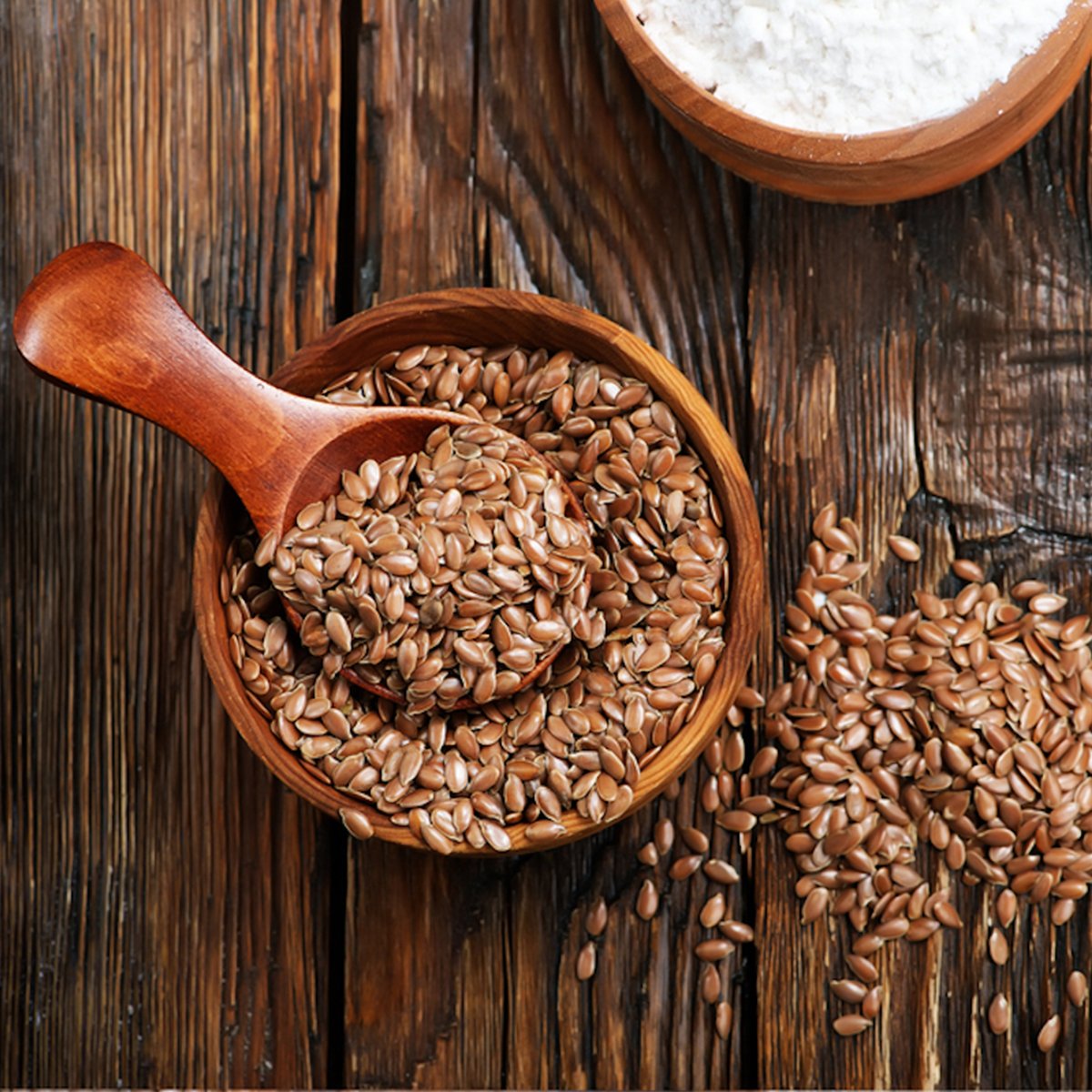Linseed (Flaxseed)
Linseed (Flaxseed)
Nowadays growing worldwide interest to linseed (also known as flaxseed) as a useful foodstuff. Linseeds are rich in proteins, fats, gluten and dietary fiber. Each of these components contributes to a healthy human nutrition. Linseeds can be added to homemade cakes, used for yogurts, cereals and salads.
Linseeds contain plentiful number of components that can help to protect the human body from cardiovascular, cancer and other diseases. The main active substances contained in linseeds are: proteins, polysaccharides; vegetable fibers (lignans); polyunsaturated fatty acid (α-linolenic and others), vitamins A, B, E, F.
Linseeds or Flaxseeds categorized in two basic varieties: brown and yellow or golden (also known as golden linseeds). Most types have similar nutritional characteristics and equal numbers of short-chain omega-3 fatty acids. The exception is a type of yellow flax called solin (trade name Linola), which has a completely different oil profile and is very low in omega-3 FAs. Linseeds produce a vegetable oil known as flaxseed oil or linseed oil, which is one of the oldest commercial oils. It is an edible oil obtained by expeller pressing, sometimes followed by solvent extraction. Solvent-processed linseed oil has been used for many centuries as a drying oil in painting and varnishing.
Although brown flax may be consumed as readily as yellow, and has been for thousands of years, its better-known uses are in paints, for fiber, and for cattle feed.

